Keynote Speakers
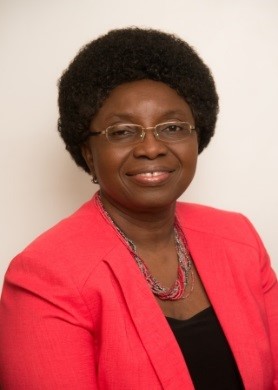 Anna Lartey
Anna Lartey
Director of Nutrition and Food Systems Division, FAO, United Nations
Anna Lartey is the Director of Nutrition and Food Systems Division at the Food and Agriculture Organization of the United Nations, Rome, Italy (2013 to present) where she leads FAO’s work on Food Systems for Improved Nutrition. Prior to that, Anna Lartey was a Professor of Nutrition at the University of Ghana (1986-2013). She pursued her doctoral studies as a Fulbright Scholar, earning a Doctoral degree in International Nutrition from the University of California, Davis, USA. She obtained her MSc and BSc degrees from the University of Guelph and University of Ottawa, Canada respectively. She worked as a researcher in Sub-Saharan Africa for 27 years. Her research focused on maternal and child nutrition. Anna won the University of Ghana’s “Best Researcher Award for 2004”. She held the International Development Research Center (IDRC, Canada) Research Chair in Nutrition for Health and Socioeconomic Development in Sub-Saharan Africa (2009-2014). She was the recipient of the Sight and Life Nutrition Leadership Award for 2014. Anna Lartey was the President of the International Union of Nutritional Sciences (IUNS, 2013-2017). Anna was recently awarded a Doctor of Science degree, honoris causa, by McGill University in June 2018.
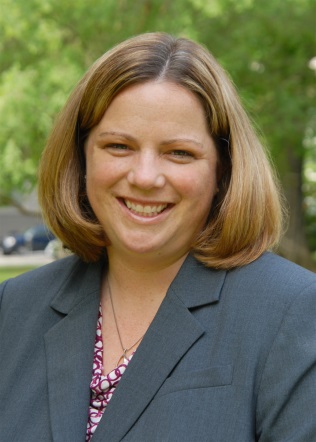 Jenny Lester Moffitt
Jenny Lester Moffitt
Undersecretary, California Department of Food and Agriculture
Jenny Lester Moffitt is a fifth generation California farmer and Undersecretary at the California Department of Food and Agriculture, where she was Deputy Secretary from January 2015 – February 2018. Appointed to these positions by Governor Jerry Brown, Jenny works to engage stakeholders on issues that affect ranchers and farmers, including climate change, land use, water policy, and food security. As a farmer and policymaker, Jenny believes that agriculture is critically important to sustaining our environment and economy. Prior to joining CDFA, Jenny spent 10 years as Managing Director at Dixon Ridge Farms, her family’s organic walnut farm and processing operation. Growing up on the farm she would later help manage, Jenny learned firsthand the importance of taking care of the land and the people that farm it – and the value in fostering economic growth and well-being. At the farm, Jenny oversaw the company’s day-to-day operations, including sales and marketing, human resources, regulatory compliance and all aspects of financial management. While working at the farm, Jenny also served on the Central Valley Regional Water Quality Control Board. She has been a board member for CCOF and served on the California Organic Products Advisory Committee, the Food Safety Committee of the Walnut Marketing Board and the Farmers Advisory Council for the Organic Trade Association. Previously, Jenny worked for American Farmland Trust. A proud former 4-H and FFA member, Jenny grew up raising animals and learning about the value of hard work and working together. She is a graduate of Brown University with a degree in Economics, and a graduate of the California Ag Leadership program.
Program Speakers
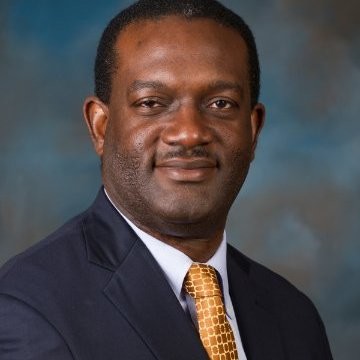 Adegbola Adesogan
Adegbola Adesogan
Director, Feed the Future Innovation Lab for Livestock Systems and Professor of Ruminant Nutrition, University of Florida
Dr. Adesogan received his B.S. in 1988 in Agriculture at the University of Ibadan, Nigeria, and his M.S. and Ph.D. in Animal Nutrition at the University of Reading, United Kingdom. He was an Assistant Professor of Animal Nutrition at the University of Wales, UK from 1995 to 2001, and is currently a Professor of Animal Nutrition and Director and Principal Investigator of the $49 million Feed the Future Innovation Lab for Livestock Systems (LISL). He has served on the Editorial boards of the Journal of Animal Science, ANIMAL, and other journals and he has chaired or co-chaired the committees of over 13 PhD students and 6 MS students. He has authored or coauthored 128 peer-reviewed publications and book chapters, received over $65 million in research grants, given over 100 international or national seminars in over 25 countries, with at least half being invited presentations. He has mentored over 50 visiting scientists and interns from over 20 countries, consulted for various organizations and companies including the International Atomic Energy Agency and the World Bank, served as the President of the UF Chapter of Sigma xi, the Scientific Research Society and the UF Christian Faculty Fellowship and he currently chairs the Council of Feed the Future Innovation Lab Directors. He has received various awards including the 2006 Graduate Student Mentor of the Year award at University of Florida (UF), the 2007 American Dairy Science Association Pioneer Hi-Bred International Inc. Forage Award, the 2009 UF Research Foundation Professorship award, the 2010 LEAD 21 Award Fellowship from the Florida Agricultural Experiment Station, the Faculty Commons Nilson Award for outstanding leadership, service and Christian ministry by university faculty and administrators and the 2018 International Educator of the Year award, College of Agriculture, UF.
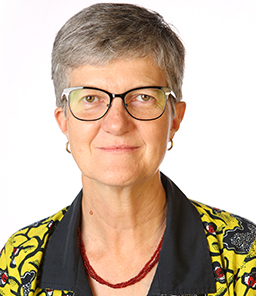 Robyn Alders
Robyn Alders
Senior Scientific Advisor, Centre for Global Health Security, Chatham House, and Director, Kyeema Foundation
Dr. Robyn Alders is a Senior Scientific Advisor with the Centre for Global Health Security, Chatham House, Director of the Kyeema Foundation and a Visiting Fellow with the Development Policy Centre, Australian National University. Robyn graduated as a Veterinary Scientist, then went on to undertake a PhD in veterinary immunology. Since 1989, she has worked closely with family farmers in sub-Saharan Africa, SE Asia and Australia and as a veterinarian, researcher and colleague. Her research has focused on the development of sustainable infectious disease control in animals, especially family poultry, in rural areas in support of food and nutrition security. She has also advised many countries globally on procedures for setting up sustainable vaccination and One Health disease outbreak response systems in resource-limited communities. In May 2002, Robyn was the recipient of the Kesteven Medal, awarded by the Australian Veterinary Association and the Australian College of Veterinary Scientists in recognition of distinguished contributions to international veterinary science in the field of technical and scientific assistance to developing countries. In January 2011, she was invested as an Officer of the Order of Australia by the Governor General of Australia for distinguished service to veterinary science as a researcher and educator, to the maintenance of food security in developing countries through livestock management and disease control programs. In February 2017, Robyn was the recipient of the Inaugural Mitchell Global Humanitarian Award which recognises Australians and others supported by Australian aid who have made an outstanding contribution to the cause of international development.
 Lindsay Allen
Lindsay Allen
Center Director, USDA ARS Western Human Nutrition Research Center and Research Professor, Department of Nutrition, UC Davis
Dr. Allen studies the prevalence, causes and consequences of micronutrient deficiencies, primarily in developing countries, using randomized, controlled human trials testing micronutrient supplements, food fortification, and food-based approaches to improve nutritional status, pregnancy outcome and child development, described in her ≈300 publications. Dr. Allen served on twelve committees of the Food and Nutrition Board, and has advised many national, bilateral and international organizations including WHO, UNICEF, Asian Development Bank, the World Bank, PAHO and FAO. She is principal author of “What Works? A Review of the Efficacy and Effectiveness of Nutrition Interventions”, and WHO’s “Guidelines on Food Fortification with Micronutrients”. She served as President of the American Society for Nutrition and the Society for International Nutrition Research, and received the Kellogg Prize from the Society for International Nutrition Research, and the McCollum International Lectureship and Conrad A. Elvehjem Award for Public Service in Nutrition from the American Society for Nutrition. She is past Vice President of the International Union of Nutritional Sciences, serves on the International Micronutrient Forum and the Board of the International Nutrition Foundation, and chairs the Vitamin B12 Expert Panel for NIH’s Biomarkers in Nutrition and Development. In 2016 she received the Outstanding Investigator of the Year Award from the Vitamins and Minerals Research Interest Section of the American Society for Nutrition, and the Career Achievement in Evidence Translation Award from the Mathile Institute.
 Michael Carter
Michael Carter
Director, Feed the Future Innovation Lab for Assets and Market Access and Professor, Agricultural and Resource Economics, UC Davis
Michael R. Carter is a professor of agricultural and resource economics at the University of California, Davis and directs the BASIS Assets and Market Access Innovation Lab and the I4 Index Insurance Innovation Initiative. His research examines poverty dynamics and productive social safety nets, the impact of violence on aspirations and hope, small farm uptake of improved technologies, and features a suite of projects that design, pilot and evaluate index insurance contracts as mechanisms to alleviate chronic poverty. Carter is a fellow of NBER, BREAD and the American Agricultural Economics Association, and has served on advisory boards for numerous academic journals and international development NGOs. He is co-editor of The Economics of Poverty Traps (U. of Chicago, 2018).
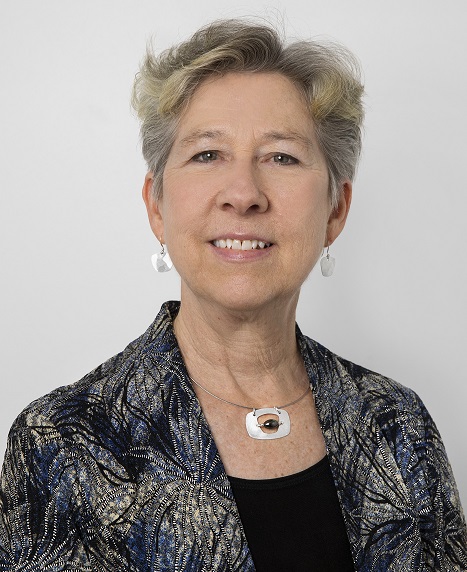 Kathryn Dewey
Kathryn Dewey
Distinguished Professor Emerita, Department of Nutrition, UC Davis
Kathryn Dewey, PhD, is a Distinguished Professor Emerita in the Department of Nutrition at the University of California, Davis. Her research focus is maternal and infant nutrition, including numerous randomized trials and prospective cohort studies in the United States, Mexico, Costa Rica, Honduras, Guatemala, Peru, Ghana, Malawi, and Bangladesh. Her professional service includes extensive consultation for WHO, UNICEF, PAHO, NIH, and the March of Dimes; scientific advisory committees for the Bill & Melinda Gates Foundation and the UK Medical Research Council; member of the Board of Directors for the Global Alliance for Improved Nutrition, the U.S. Food and Nutrition Board, and the 2020 Dietary Guidelines Advisory Committee; President of the Society for International Nutrition Research; and President of the International Society for Research on Human Milk and Lactation. Dr. Dewey has received several national and international awards, including the Kellogg Prize for International Nutrition, the Macy-György Award from ISRHML, the E.V. McCollum International Lectureship, and Fellow of the American Society for Nutrition.
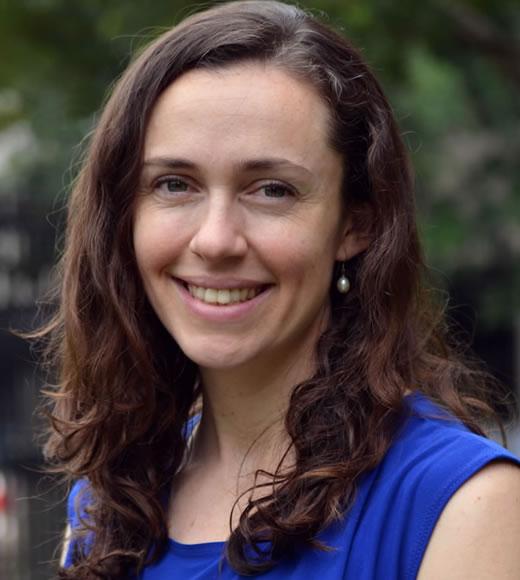 Reina Engle-Stone
Reina Engle-Stone
Assistant Professor, Nutrition, UC Davis
Dr. Engle-Stone’s research focuses on assessment of nutritional status, application of dietary intake data to nutrition program planning, and program evaluation, with an emphasis on food fortification programs. She has worked closely with Helen Keller International and other organizations on the planning and evaluation of a food fortification program in Cameroon and is part of an interdisciplinary team led by UC Davis which aims to develop and apply tools to improve the efficiency and cost-effectiveness of national micronutrient programs. Dr. Engle-Stone received a BA from Cornell University and a PhD in Nutritional Biology from the University of California, Davis.
 Jackson Gross
Jackson Gross
Cooperative Extension Aquaculture Specialist, Department of Animal Science, UC Davis
Jackson's research is primarily focused on developing solutions for aquaculture production, ecological issues surrounding the control and/or eradication of aquatic nuisance species, and the preservation and conservation of native species and ecosystems. As a broadly trained scientist, Jackson draws on the science of many disciplines in achieving ecological solutions. He currently serves as a faculty advisor for several UC Davis groups, including the Animal Biology Graduate Group, the Coastal and Marine Sciences Institute, the Graduate Group in Ecology, and the International Agricultural Development Graduate Group. Jackson received his MSPH from San Diego State University and holds a Ph.D. in Animal Sciences with a focus on endocrine and reproductive physiology from the University of Wisconsin-Madison.
 Derek Headey
Derek Headey
Senior Research Fellow, International Food Policy Research Institute (IFPRI)
Derek Headey is a Senior Research Fellow in the Poverty, Health and Nutrition Division at the International Food Policy Research Institute (IFPRI), where he has worked since 2008. A development economist, his research currently focuses on agricultural development and nutrition, though he has also worked on food security and poverty reduction issues. He has published in a variety of journals in economics, development, agriculture and public health, including World Bank Economic Review, Proceedings of the National Academy of Sciences (PNAS), World Development, World Bank Research Observer, Population and Development Review, PLOS One, American Journal of Tropical Medicine and Hygiene, and many others. He also coauthored a widely cited book on the global food crisis with Shenggen Fan, and a number of journal articles on the cause and consequences of higher food prices. He received his PhD in Economics from the University of Queensland in 2008.
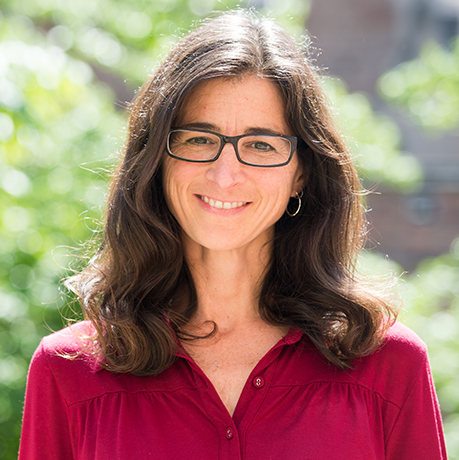 Lora Iannotti
Lora Iannotti
Associate Professor and Associate Dean for Public Health, Brown School, Washington University in St. Louis
Lora Iannotti has expertise in maternal and young child nutrition and nutrient deficiencies (zinc, iron, vitamin A, B12, choline, and fatty acids) related to poverty and infectious diseases. She applies epidemiological methods to investigate interventions aimed at reducing stunted growth and development. Iannotti leads projects in Haiti, Ecuador, and East Africa where she collaborates with local partners to test innovative, transdisciplinary approaches using animal source foods and small livestock and fisheries development. She is founder and director of the E3 Nutrition Lab, working to identify economically affordable, environmentally sustainable, and evolutionarily appropriate nutrition solutions globally. Iannotti serves as Associate Dean for Public Health, leading the MPH program at the Brown School. Iannotti received her doctorate from the Johns Hopkins University Bloomberg School of Public Health, and a Master of Arts degree in Foreign Affairs from the University of Virginia. Prior to pursuing her PhD, she worked for over ten years with UN agencies and non-governmental organizations on nutrition and food security programming and policy. She serves on public health advisory and journal editorial boards and consults with WHO, International Livestock Research Institute (ILRI), among other international organizations.
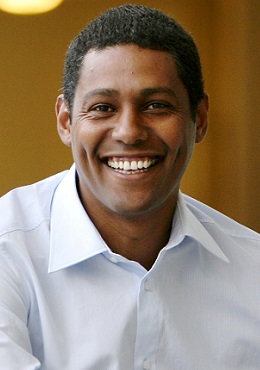 Ermias Kebreab
Ermias Kebreab
Professor and Sesnon Endowed Chair, Department of Animal Science and Associate Dean of Global Engagement & Director of the World Food Center, College of Agricultural & Environmental Sciences, UC Davis
Ermias Kebreab is the Sesnon Endowed Chair in the Department of Animal Science. He has conducted extensive research in developing strategies for using feed additives to reduce methane emissions from livestock and has authored over 200 peer-reviewed publications. He is chair of the United Nations FAO Technical Working Group on Feed Additives, a committee member for the National Academy of Sciences (NAS) Panel on Anthropogenic Methane Emissions in the United States and also serves on the NAS Committee for Nutrient Requirements of Dairy Cattle. He is a contributing author to the Intergovernmental Panel on Climate Change (IPCC) 2019 Update on Good Practices Guideline in Chapter 4, "Emissions from Livestock and Manure Management." Dr. Kebreab is a recipient of the 2018 Bouffault International Animal Agriculture award and the 2014 American Feed Industry Ruminant Nutrition award from the American Society of Animal Science. He serves as the Associate Dean of Global Engagement and Director of the World Food Center in the College of Agricultural & Environmental Sciences at UC Davis. Hailing from Eritrea, Dr. Kebreab received his B.Sc. in biology from the University of Asmara, followed by a M.Sc. in integrative biology and a Ph.D. in ecological modeling from the University of Reading, UK.
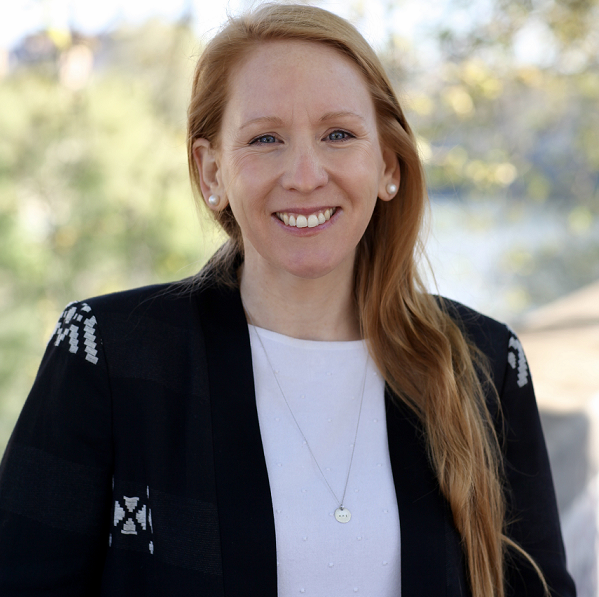 Frances Knight
Frances Knight
Research Fellow, London School of Hygiene and Tropical Medicine and Nutritionist, World Food Programme
Frances is a Public Health Nutritionist with a background in diet modelling for infant and young child feeding and nutrition-sensitive agriculture and a particular interest in exploring the processes necessary for applying nutrition modelling results to policy and programme decision-making in. Frances is a part-time PhD candidate at the London School of Hygiene and Tropical Medicine and a senior member of the Fill the Nutrient Gap team at the World Food Programme in Rome. Frances co-leads an IMMANA-funded research project at LSHTM to develop an innovative modelling tool for optimising selection of foods across both nutritional and agricultural indicators to promote for consumption and/or production. Complementing these themes, Frances supports the Gates-funded Nutrition modellers’ consortium under the New York Academy of Sciences, exploring the processes used to apply represented modelling tools in different contexts and indicators for assessing their impact. Previously, Frances has worked as a Research Fellow with LSHTM within African and South Asian-based Agriculture and Nutrition research projects and on further development of the Optifood Linear Programming tool. Frances has also worked with FANTA, GAIN and WHO in Europe, Africa, South Asia and Central America, conducting nutrition modelling analysis and trainings as well as qualitative trials to test the feasibility and acceptability of food-based recommendations developed using modelling tools. Frances has a Masters Degree in Nutrition for Global Health from LSHTM.
 Grace Marquis
Grace Marquis
Associate Professor, School of Human Nutrition, McGill University and Associate Professor, Iowa State University
Grace S. Marquis is Associate Professor at McGill University and Affiliate Associate Professor at Iowa State University. Her research career began in Peru at the Instituto de Investigación Nutricional. In 1999, her research group started working in Ghana. These long-term collaborations continue today. The work in Ghana is primarily through the Nutrition Research and Training Centre, a permanent research site which she built in the Eastern Region in collaboration with faculty at the University of Ghana. Her community-based research examines how many social, cultural, biological, and environmental factors interact and the mechanisms by which they alter a household’s ability to provide optimal feeding and caregiving for young children. Dr. Marquis is Associate Editor for Advances in Nutrition and a member of the Trustee Board for the international collaborative initiative, e-Nutrition Academy, to support online nutrition learning in higher education globally. She was the Canadian Research Chair in Social and Environmental Aspects of Nutrition from 2006-2016. She received a Doctorate of Laws, honoris causa, for contribution to tertiary education from the University of Ghana in 2013.
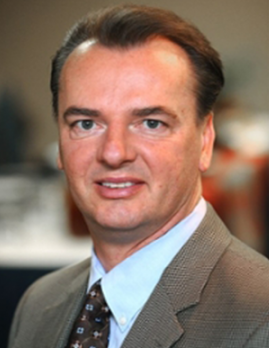 Frank Mitloehner
Frank Mitloehner
Professor and Air Quality Extension Specialist, Department of Animal Science, UC Davis
Frank Mitloehner is a Professor and Air Quality Specialist in Cooperative Extension in the Department of Animal Science at the University of California, Davis. He received his MS degree in Animal Science and Agricultural Engineering from the University of Leipzig, Germany, and his PhD degree in Animal Science from Texas Technical University. Dr. Mitloehner has served as chairman of a global United Nations Food and Agriculture Organization (FAO) partnership project to benchmark the environmental footprint of livestock production. He served as a workgroup member on the President’s Council of Advisors on Science and Technology (PCAST) and as a member on the National Academies of Science Institute of Medicine (IOM) committee on “A Framework for Assessing the Health, Environmental, and Social Effects of the Food System."
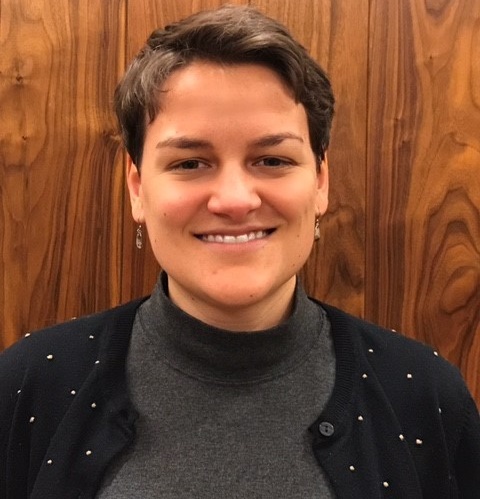 Sara Place
Sara Place
Senior Director of Sustainable Beef Production Research, National Cattlemen's Beef Association (NCBA)
Sara Place is the Senior Director of Sustainable Beef Production Research at NCBA. Her role is to oversee The Beef Checkoff funded sustainability program, including using life cycle assessment to benchmark the US beef industry’s sustainability. Prior to joining NCBA, she was an Assistant Professor of Sustainable Beef Cattle Systems at Oklahoma State University for four years, with a split research and teaching appointment. She received her Ph.D. in Animal Biology from University of California, Davis, a B.S. in Animal Science from Cornell University, and an A.A.S. in Agriculture Business from Morrisville State College.
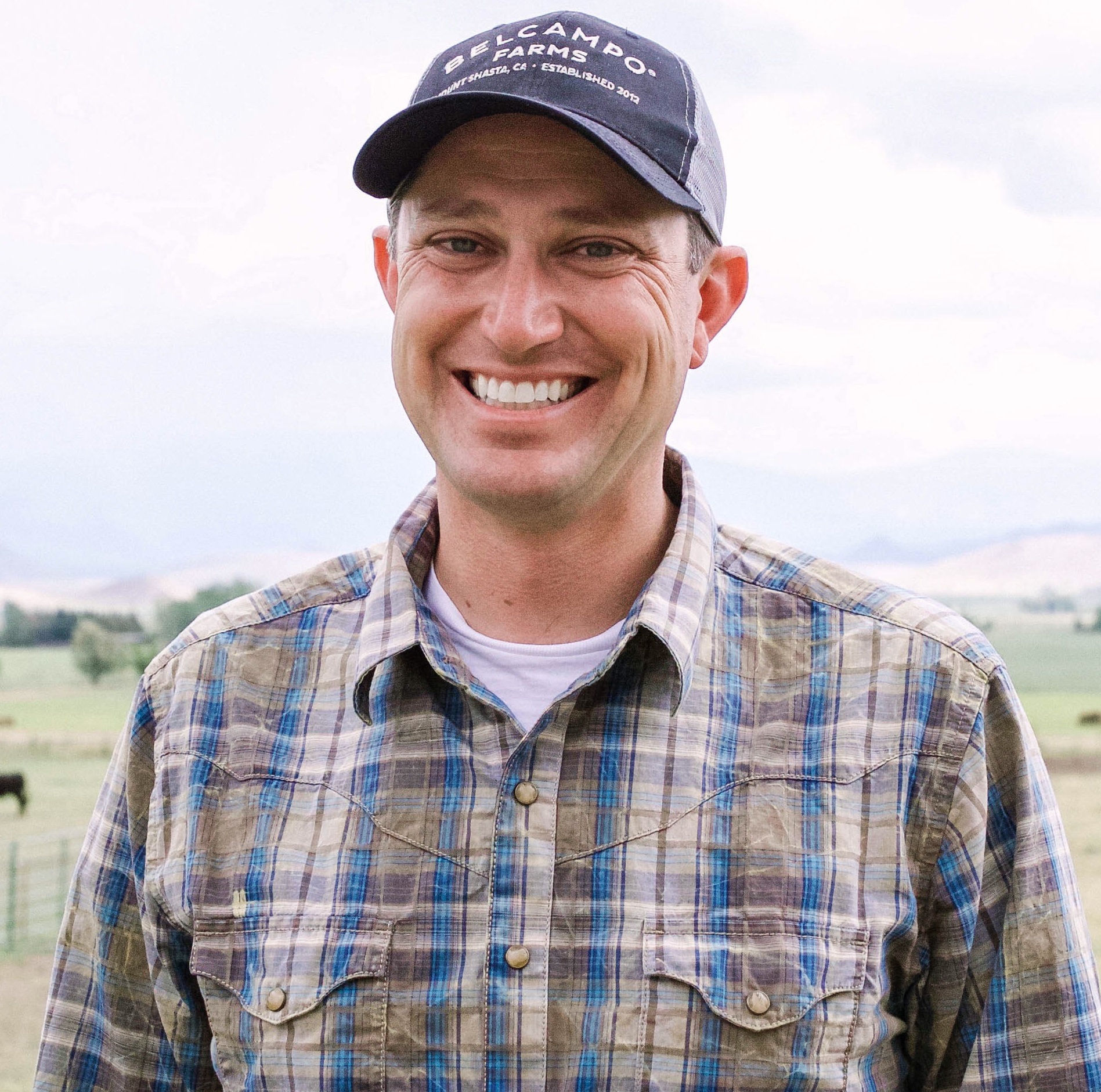 James Rickert
James Rickert
Farm Director, Belcampo Farms
James Rickert is Farm Director for Belcampo Farms, a vertically integrated pastured and grass fed meat company based in far Northern California. Belcampo owns and operates its own USDA inspected processing facility. The farm currently supports a total of six fast casual butcher shop/restaurants, with three in LA, two in the Bay Area and one in NYC. James is a fifth-generation farmer and rancher, being raised on a family farm in Shasta County. After college, James spent 12 years working for his family’s vertically integrated specialty beef business, Prather Ranch. During this time, James has co-founded Innovative Organic Nursery, the nation’s first commercial certified organic strawberry plant nursery, which continues to thrive today. James is also a Certified General Real Estate appraiser, specializing in agricultural property valuation services. He holds a degree in Horticultural Crop Science with a minor in Plant Protection Science from Cal Poly, San Luis Obispo and is also a graduate of the California Agricultural Leadership Program. James resides on a small farm in Shasta County with his wife, Casey, and two children, Ashton and Katherine.
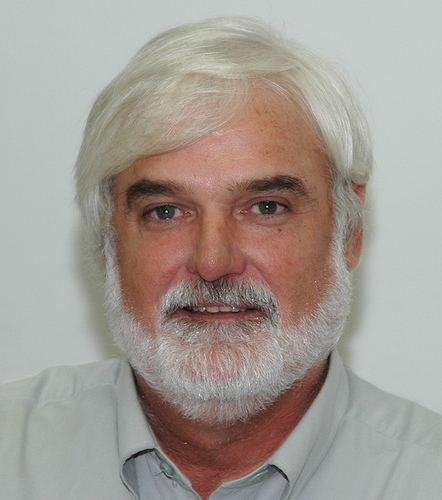 Steven Staal
Steven Staal
Program Leader, Policies, Institutions and Livelihoods, International Livestock Research Institute
Steven Staal is the Program Leader for the Policy Trade and Value Chains team. He has over twenty years of experience in various aspects of smallholder agriculture in Africa and Asia, in research and research management. Following his PhD in agricultural economics from the University of Florida, he joined ILRI as an agricultural economist on the Market-Oriented Smallholder Dairy (MOSD) research team in Nairobi, Kenya. He subsequently played roles as dairy team leader, director of the Market Opportunities Program, and deputy director general. His research has addressed smallholder producer competitiveness, policies in input and output markets serving livestock producers, economic efficiency and public health in informal dairy markets, consumer demand for dairy products, evaluation of technology interventions on smallholder farms, and spatial analysis of the intensification of smallholder livestock systems.
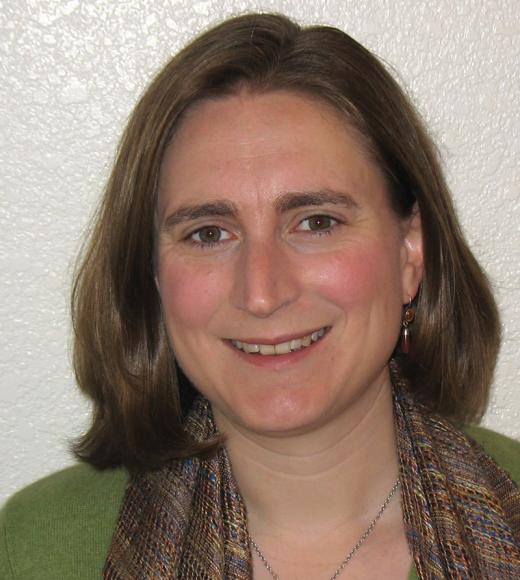 Christine Stewart
Christine Stewart
Associate Professor, Department of Nutrition and Interim Director, Program in International and Community Nutrition, UC Davis
Dr. Stewart’s research is related to maternal and child nutrition in low income communities, primarily in developing country settings. Her focus is on both the immediate and long-term effects of poor nutrition during pregnancy and early childhood on birth outcomes, infant and child survival, child growth, and risk of chronic disease in later life. In addition to her research, she serves as the Interim Director of the Program in International and Community Nutrition and the Director of the Designated Emphasis in International Nutrition. She received her B.Sc. from Cornell University, an M.P.H. from the Tulane University School of Public Health and Tropical Medicine, and her Ph.D. from the Johns Hopkins University Bloomberg School of Public Health.
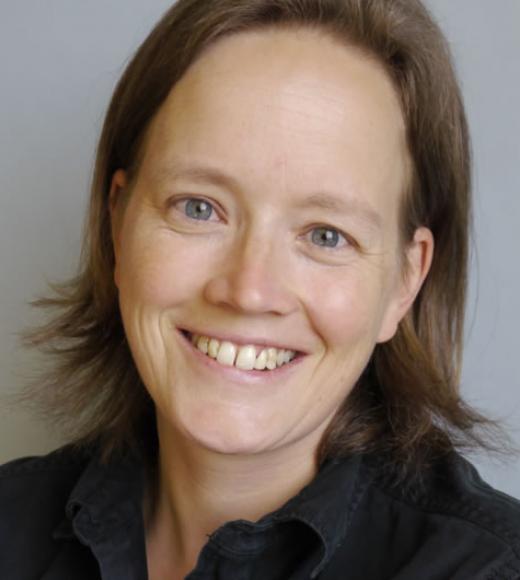 Anne Todgham
Anne Todgham
Associate Professor and Vice Chair, Department of Animal Science, UC Davis
Anne Todgham is an environmental physiologist with an interest in understanding the molecular, biochemical and physiological mechanisms that underlie an animal’s capacity to cope with environmental change. Her interest in the diversity of physiological specializations (or strategies) used by animals to tolerate particular habitats has led her research to investigate how an animal’s physiology and environment interact to structure organismal stress tolerance. Her current research program has an eye towards global climate change and addresses the general question of whether contemporary animals have the physiological flexibility necessary to buffer the unprecedented rates of environmental change, specifically their response to changes in multiple environmental variables. Anne received her Ph.D. in Animal Science and Zoology from the University of British Columbia.
 Tom Tomich
Tom Tomich
Professor and Director, Agricultural Sustainability Institute, UC Davis
Professor Tomich is founding director of the Agricultural Sustainability Institute and inaugural holder of the WK Kellogg Endowed Chair in Sustainable Food Systems at UC Davis, where he teaches in the new Sustainable Agriculture and Food Systems major. He also directs the UC statewide Sustainable Agriculture Research and Education Program (SAREP). His research spans agriculture and farming systems, economic development, food policy, and natural resource management, including publications on Transforming Agrarian Economies: Opportunities Seized, Opportunities Missed (1995); Environmental Services and Land Use Change: Bridging the Gap between Policy and Research in Southeast Asia (2004); and Ecosystems and Human Wellbeing: A Manual for Assessment Practitioners (2010). Tom serves on a number of committees and boards, including the Independent Science and Partnership Council of the Consultative Group on International Agricultural Research (CGIAR) and the editorial boards of the Annual Review of Environment and Resources (ARER) and the International Journal of Agricultural Sustainability (IJAS). He has served as ARER co-editor since January 2015. He has worked in a dozen countries in Asia, Africa, and the Americas, including significant periods in Egypt, Indonesia, Kenya, and, since 2007, back in his home state of California. He worked for the World Agroforestry Centre (ICRAF) from 1994-2006, where he was principal economist and global coordinator of the ASB Partnership for the Tropical Forest Margins, an award-winning CGIAR program. Before that, he spent 10 years as a policy advisor and institute associate with the Harvard Institute for International Development and also served as a lecturer in economics and in public policy at Harvard University. He received his bachelors in economics from UC Davis in 1979 and his PhD in agricultural economics from Stanford in 1984.
 Alison Van Eenennaam
Alison Van Eenennaam
Cooperative Extension Specialist in Animal Genomics and Biotechnology, Department of Animal Science, UC Davis
Dr. Alison Van Eenennaam is a Cooperative Extension Specialist in the field of Animal Genomics and Biotechnology in the Department of Animal Science at University of California, Davis. She received a Bachelor of Agricultural Science from the University of Melbourne in Australia, and both an MS in Animal Science, and a PhD in Genetics from UC Davis. She has given over 600 invited presentations to audiences globally, and has appeared on national media including the Dr. Oz Show, Animal Planet, and the December 2014 Intelligence Squared Debate on genetically modifying food. She has served on several national committees including the USDA National Advisory Committee on Biotechnology and 21st Century Agriculture, (2005-2009), and was a temporary voting member of the 2010 FDA Veterinary Medicine Advisory Committee meeting on the AquAdvantage salmon, the first GE animal to be evaluated for entry into the food supply. Dr. Van Eenennaam was the recipient of the 2010 National Award for Excellence in Extension from the American Association of Public and Land-Grant Universities, and the 2014 Borlaug CAST Communication Award. In 2017 she was elected as a Fellow of the American Association for the Advancement of Science (AAAS). Follow her on twitter at @BioBeef.
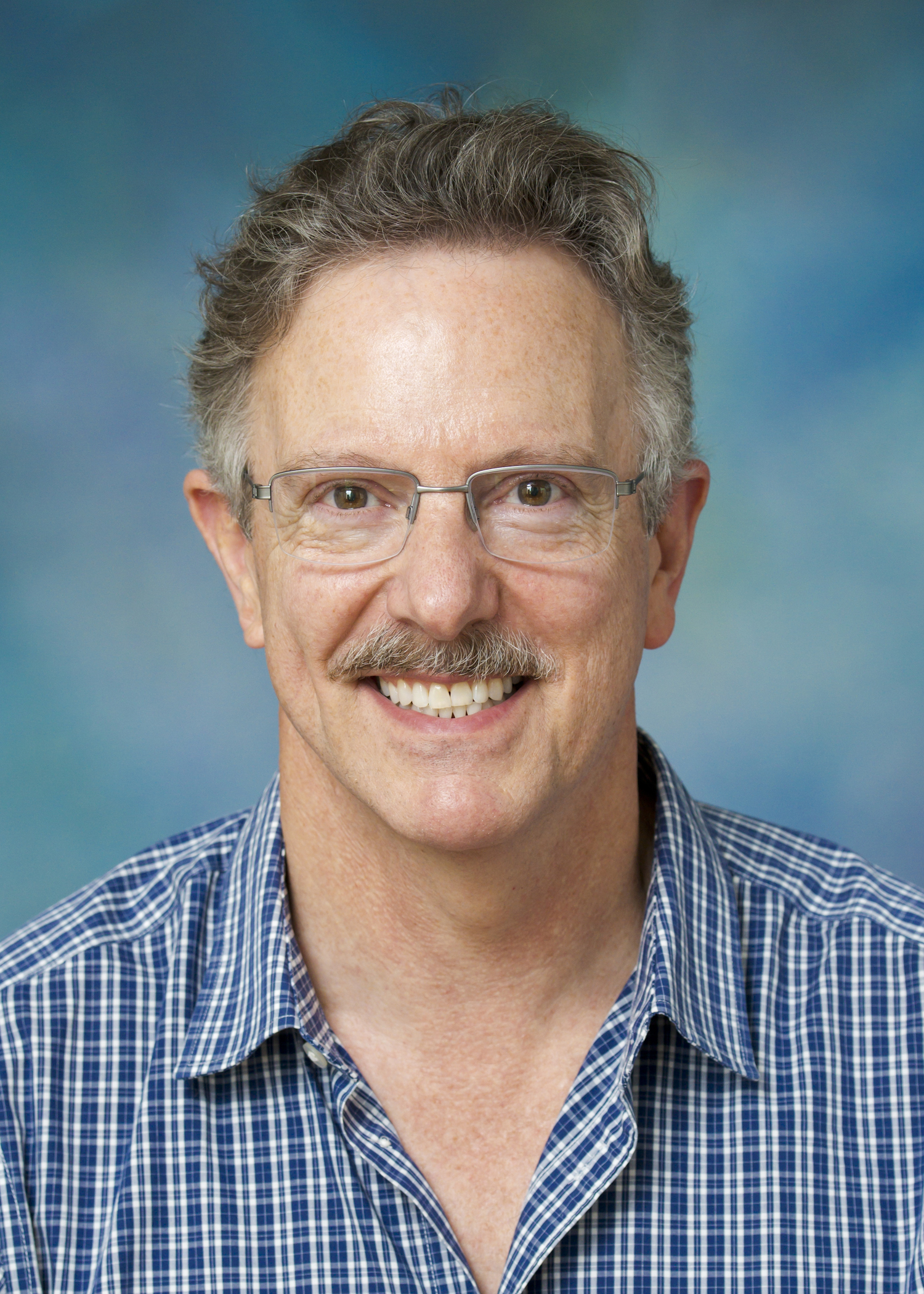 Stephen Vosti
Stephen Vosti
Adjunct Professor, Department of Agricultural & Resource Economics, UC Davis
Stephen Vosti is an Adjunct Professor in the Department of Agricultural & Resource Economics at UC Davis whose fields of interest include tropical deforestation, economic development, poverty-environment links, bioeconomic models, environmental and natural resource economics, and economics of early childhood undernutrition. Dr. Vosti has been a member of the UC Davis community for two decades, and his multidisciplinary work takes him to countries in Africa, Asia, and North and South America and changes the ways researchers, policymakers, and donors think about poverty, malnutrition, and human interactions with the environment. In bridging disciplines, people, and countries, Vosti uses theory to implement real-world solutions, such as his cost-effective way to prevent infant deaths in Haiti, or his work in improving women’s health in Africa, or in providing expertise on the interactions between farmers and tropical forest systems in the Amazon.
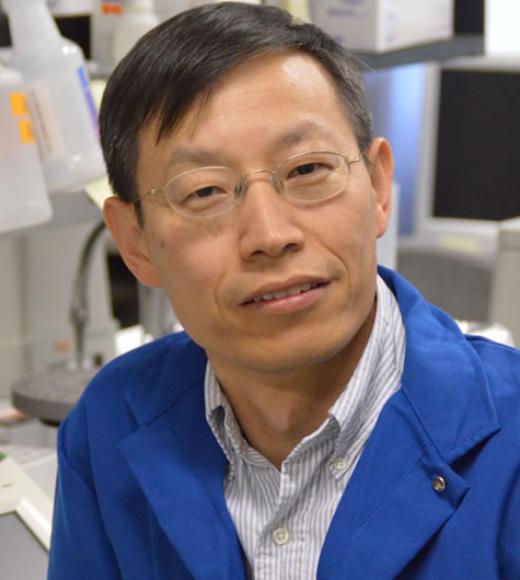 Huaijun Zhou
Huaijun Zhou
Director, Feed the Future Innovation Lab for Genomics to Improve Poultry and Professor and Chancellor's Fellow, Animal Science, UC Davis
Huaijun Zhou, a professor in the Department of Animal Science, specializes in immunology, genetics, genomics and bioinformatics. Zhou completed his Ph.D. in immunogenetics and molecular genetics at Iowa State University and joined the UC Davis faculty in 2011 from Texas A&M University. His research is focused on discovering the molecular and cellular mechanisms of the interaction between poultry and pathogens, include foodborne bacteria and viruses in poultry. He works to identify genes, genetic variations, signal pathways and genetic markers associated with disease resistance and immune response in poultry using advanced genetic and genomic technologies.
